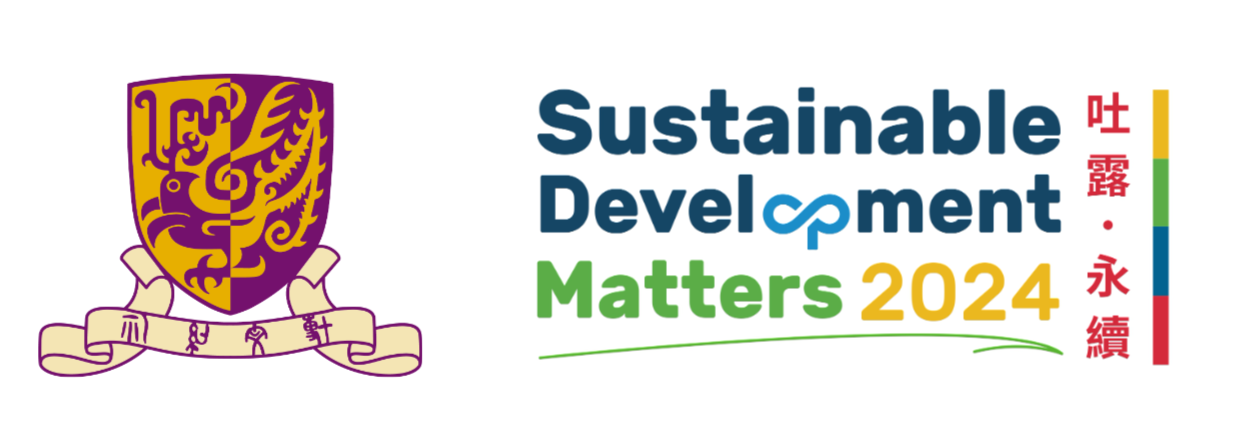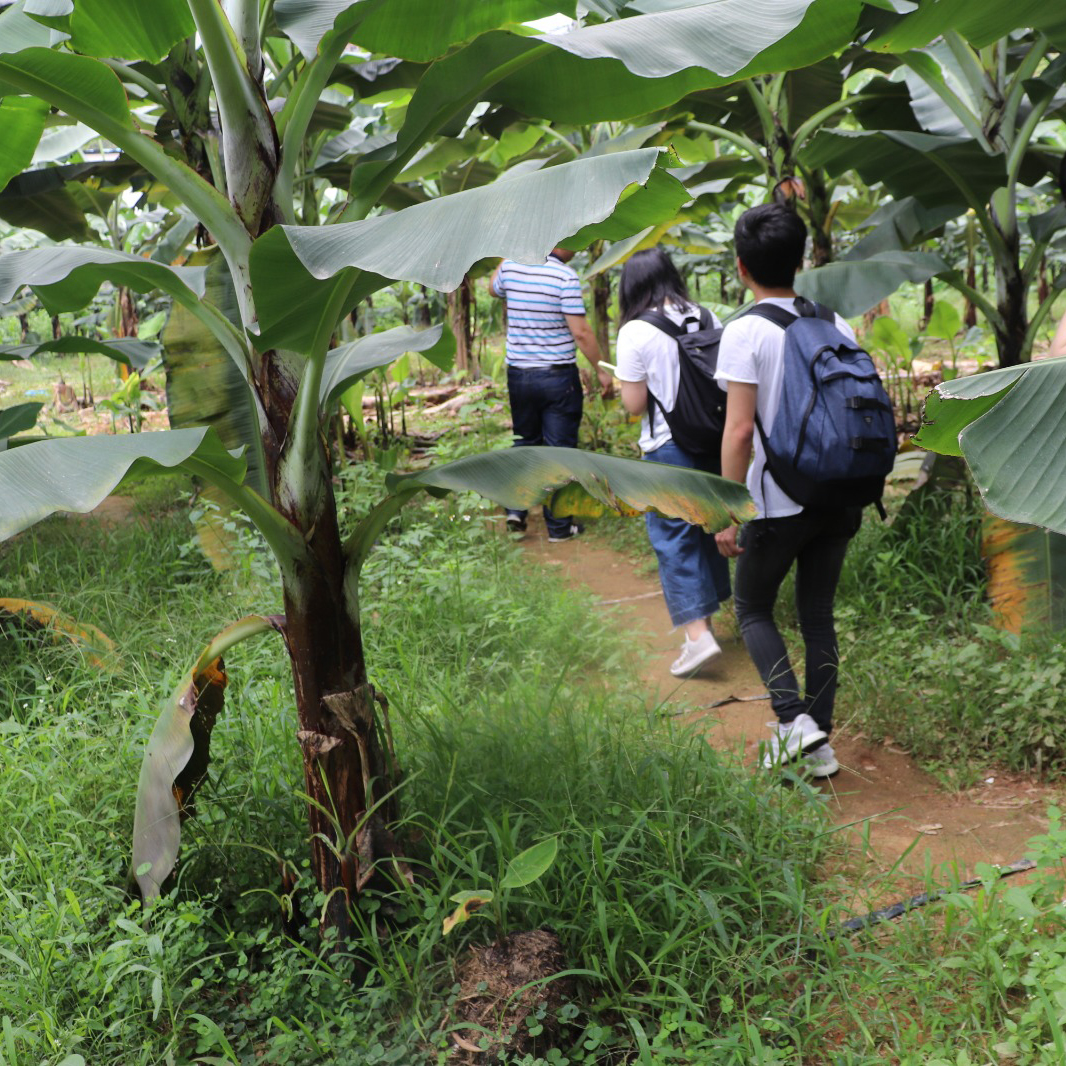Gifts of Literacy
James Chong and Peter Ferretto connect disadvantaged children with reading habit
Contributed by
Information Services Office
Share this story
Primary school students in Hong Kong score low in motivation, interest and confidence to read and learn, according to the latest Progress in International Reading And Literacy Study survey. Conducted across 43 regions in 2016, it also ranked the city lowest in family literacy because local parents lack reading interest themselves and just 13% of them read to their children. This will have dire implications for the city’s youngsters as research shows that children raised in families that encourage recreational reading will grow up to be effective learners.
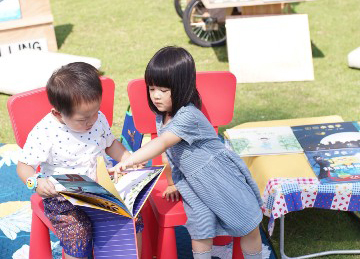
At a book sharing session organised by Rolling Books

At book sharing session organised by Rolling Books
Making Reading Fun
Each time a reading event was held, he could feel the young audience’s tangible interest in books. Sometime back, he collaborated with a local drama group to enact a scene from a picture book they were promoting. ‘There was a scene, where a group of kids pretended to be a “cake” to be presented to a “baker”. I was invited by the facilitator to act as the baker who accepted the cake and blew the candles. Although the scene had everybody laughing their heads off, I could see the children enjoying every minute of it and experiencing the pleasure of reading. This was what I originally sought to achieve.’
Social Harmony through Books
‘One of my intentions in forming ‘Rolling Books’ is to use books as a focal point to champion disadvantaged groups, including ethnic minority children, and help them integrate into the mainstream society. We have been collecting books donated by middle-class families and repackaged them as gifts to the kids. This initiative has drawn attention of the middle-class to the plight of the less fortunate youngsters,’ he said. Another thing he did was to train a group of volunteers to teach Chinese to children of mainly South and Southeast Asia origin to help them overcome language obstacles in the largely Chinese-speaking society of Hong Kong.
Chong also made newspaper headlines for the books he created for blind children. Done in a unique format, the books combined sound clips, Braille and tactile paper sculptures to enable the visually disabled recipients discover the pleasure of reading picture books with their other senses.
‘Visually impaired children can touch the paper cut-outs, and hear the audio descriptions to follow the plot,’ Chong said, adding the features could animate the characters and provide multiple layers of stimuli for disabled readers. ‘The tactile diagrams and verbal narratives enable visually impaired children to better understand the movements of characters.’
The book production project has been implemented in partnership with specialists in audio description, under financial support from CUHK’s NGO Leadership Programme after Chong won the Pitching Day in competition with 200 other participants.
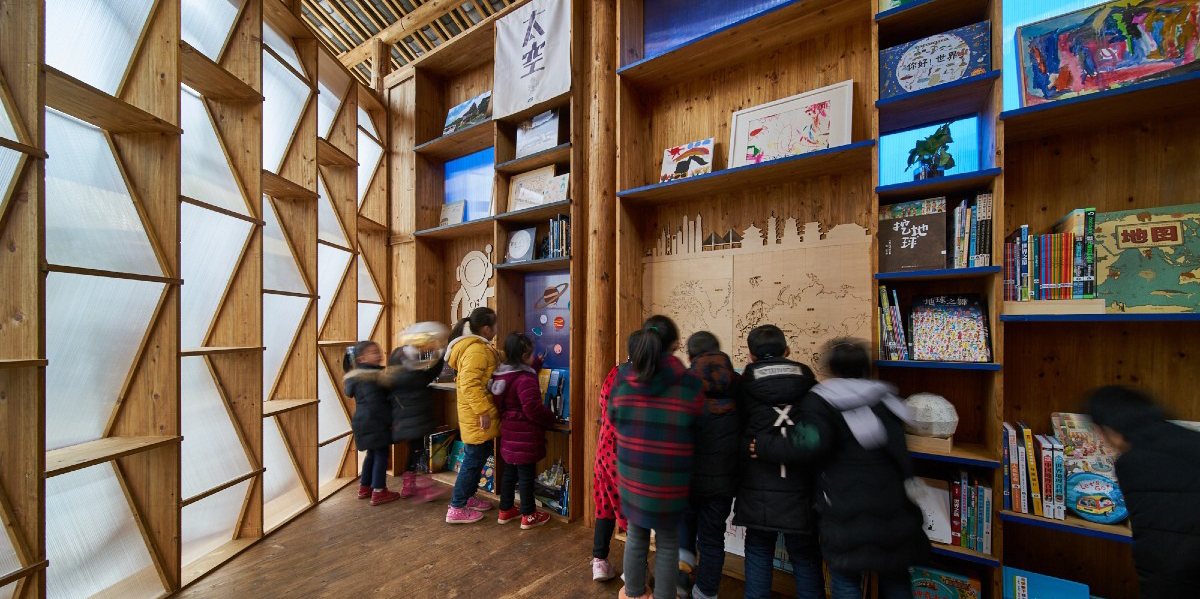
The book house is a place for children to gather, read and play.
Benefitting Left-behind Children
North of Hong Kong, the children from the Dong minority village of Gaobu in Hunan province have also found help with their literacy problems. Their situation, years back, could be attributed in part to the lack of educational facilities including schools and libraries and in part to a village ‘hollowing’ trend. As able-bodied adults leave the village in pursuit of livelihood elsewhere, their offspring are entrusted to the care of their elderly and illiterate grandparents. The left-behind children spend most of their leisure time online and playing mobile games rather than reading. When they reach the age of 10, they are sent away to study in the nearby towns.
Things started changing in 2018, when the village saw the opening of Gaobu Book House, its first-ever library designed and built by Prof. Peter Ferreto and his team Condition_Lab at CUHK’s School of Architecture in collaboration with the College of Architecture and Urban Planning at Guangzhou University together with the local villagers.
Architecture on a Social Mission
Constructed from locally-sourced timber, the whimsical library is two-storey high, offers a built-in space of 200m² and adopts the traditional Dong house ‘Ganlan’ style where a central staircase has been erected internally, around which people congregate and children love to play. The ground floor offers a covered open space for public gatherings and local exhibitions, while each wall of the house lined with shelves of books, dedicated to a specific educational theme.
Professor Ferretto said, ‘The village lacks educational resources such as schools and libraries, so we hope that the Book House, which is different from an ordinary, static library, can provide a place for children to learn and have fun. This will be a gathering place for children, through which we might be able to revitalise the Gaobu community as a whole. We believe architecture is for everyone, and a simple design can make a great impact on the community.’
This CUHK rural architectural project received the ‘Completed Buildings–Civic and Community’ category award in the World Architecture Festival (WAF), commonly billed as ‘the Oscars of Architecture’, in 2019. Standing out from 16 other international shortlisted entries, the project was applauded by the WAF judges as a team effort that ‘totally intertwined with the community—a project that goes well beyond the actual building and demonstrates excellence of process’, representing the ‘engagement of two universities departments over five years, working to regenerate and stitch a community back together’.
‘We have a role to play in shaping how the profession evolves, as community participation and direct engagement with students in design-build projects can make a big, real-world impact,’ concluded Professor Ferretto.
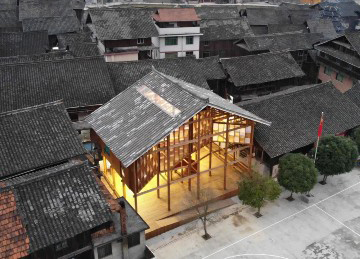
The library adopts the traditional Dong house ‘Ganlan’ style.
Share this story
UP NEXT
Detecting Silent Killer
CUHK genetic engineering team works out novel method to spot devastating banana disease early
A method for rapid and early detection of a dreaded banana disease ravaging across Africa for almost two decades has been developed—thanks to a CUHK genetic engineering team that won gold at the International Genetically Engineered Machine (IGEM) 2019 Giant Jamboree held in Boston, US…
